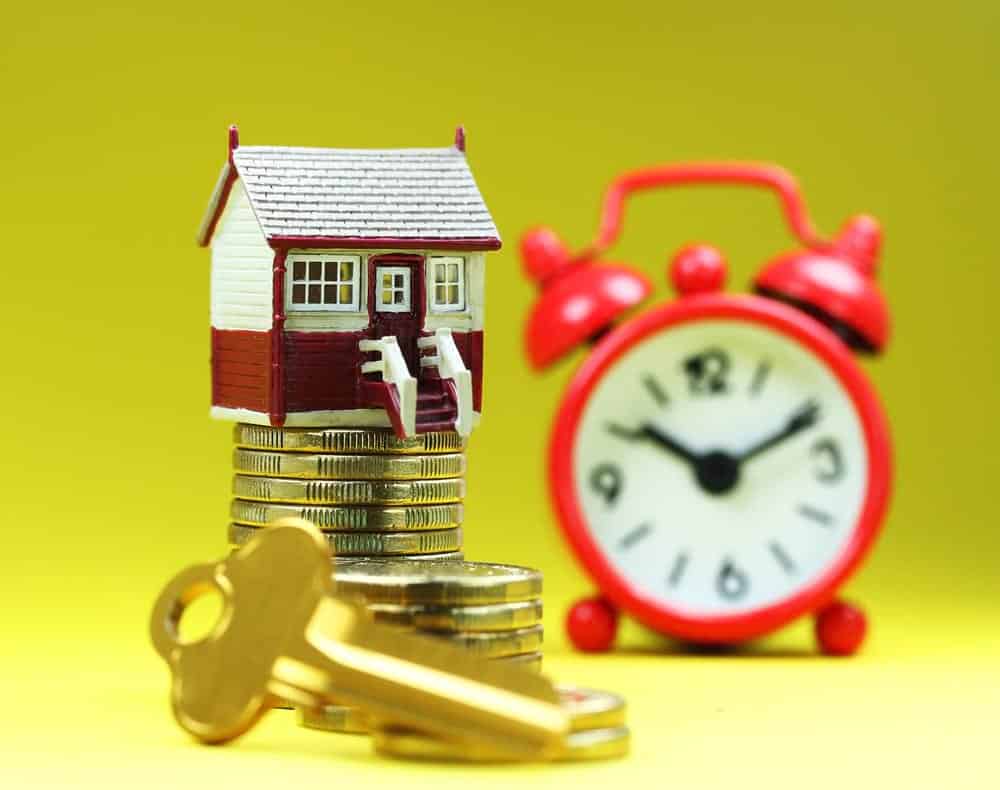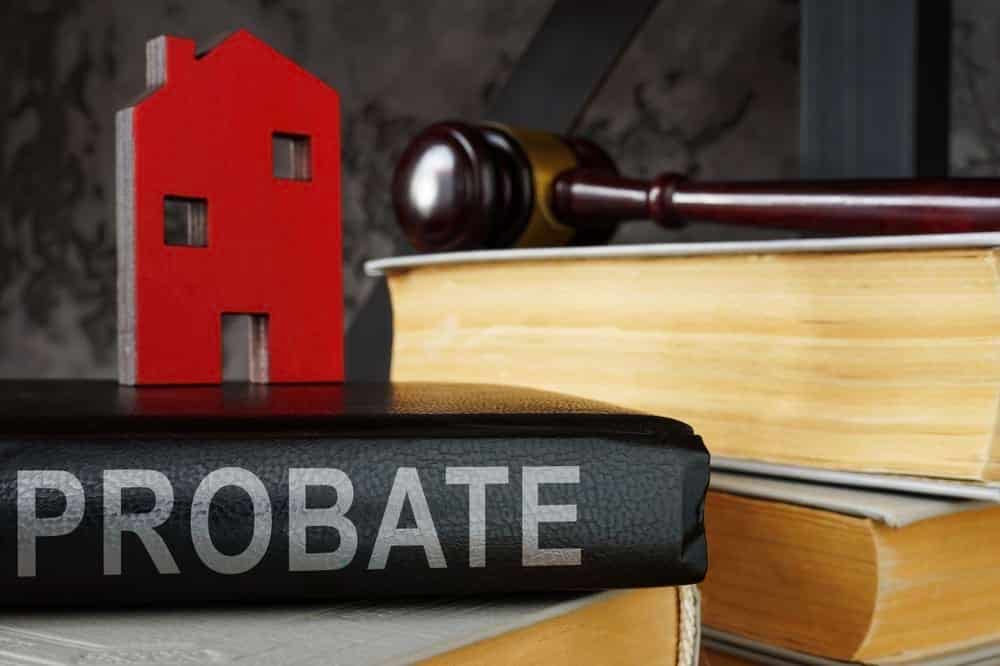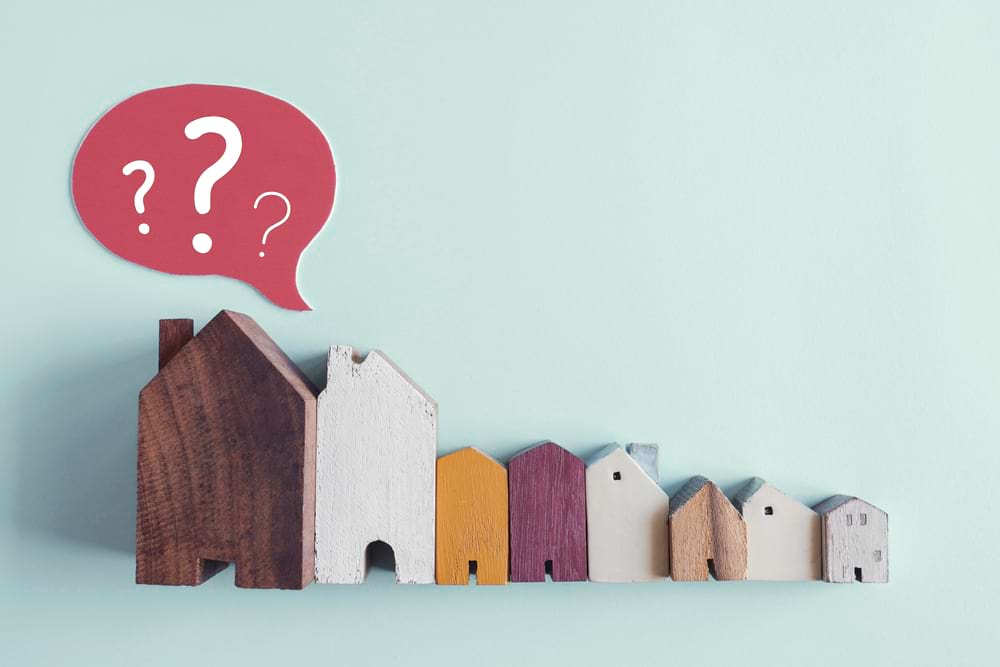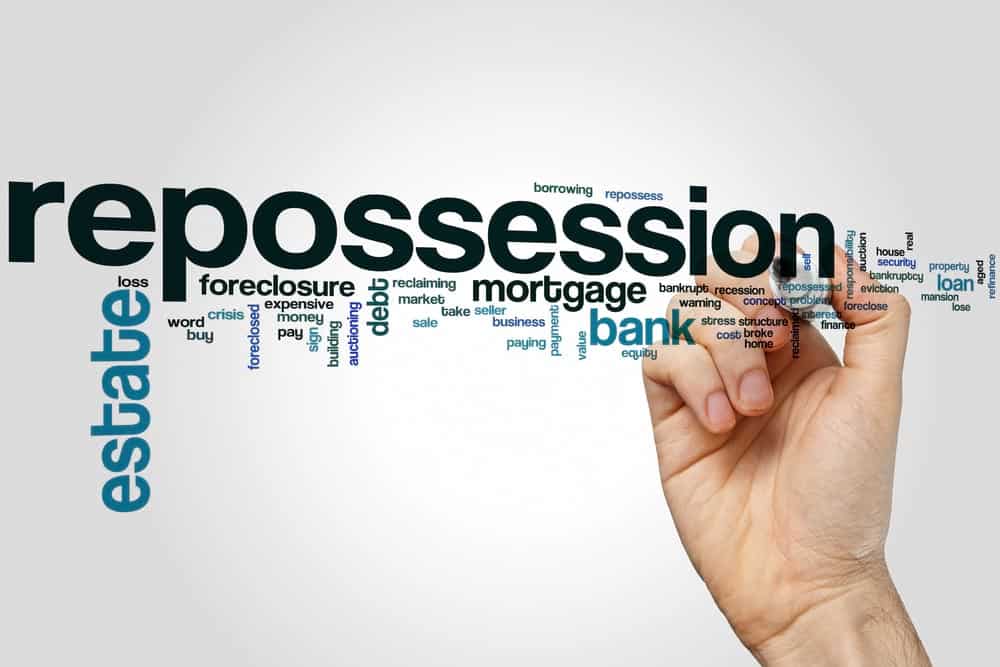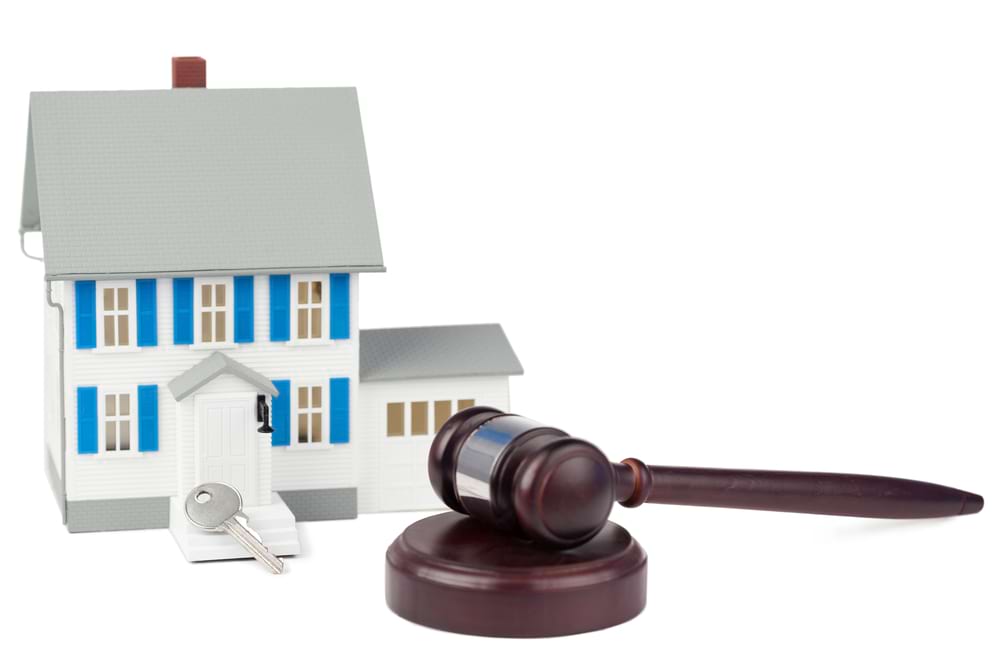Downsizing is when you move from a larger property into a smaller, usually less expensive, one. It can be a good way to release funds to pay off debts you’re struggling with or reduce your outgoings if you have a big mortgage.
If you need to access funds quickly, we can buy your house in just seven days. We only use our own cash so we’re never in a volatile chain, which means we’ll stick to the completion date and price we agree.
Addressing your debt
Selling your house is a big step, so even if it feels like the best thing to do it’s worth taking a moment to explore other options.
If your debts are becoming unmanageable there are several ways you can try to bring them under control before you sell your home. Debt charities are a great place to start, since they will offer you free advice and support.
To begin with they’ll help you work out all your outgoings and incomings and create a budget that’ll bring your spending under control. If your outgoings can’t be brought down they can help you arrange a debt management plan (DMP).
This is an informal agreement with the people you owe money to, your creditors, to commit to a monthly payment you can afford which is then divided between them. This is usually applied to non-priority debts such as credit cards and personal loans, rather than mortgages or utilities arrears. However, because it’s not legally binding you and your creditors do not have to abide by it.
If matters become more severe, you could consider an individual voluntary order (IVA). As a form of insolvency it is legally binding and can be expensive to set up and run, but you do not have to sell your home. The agreement lasts for five or six years during which you’ll pay off an amount you can afford, at the end of that time any debt remaining is wiped off. For the length of your IVA, and for three months after it has completed, your name will be on the Individual Insolvency Register, which could make it difficult to get loans such as a mortgage.
Deciding to sell
If these options aren’t right for you, there are still some things to consider before selling your home:
- Is there enough value in the property to cover all the debts you owe after you’ve paid off any mortgage?
- Will you have enough money left over to buy a new home or rent one for the foreseeable future?
- Can you get a new mortgage if you need to? If you are struggling with debt you may not meet a lender’s affordability criteria.
- Have you factored in all the costs of selling your home and buying a new one such as solicitor’s fees, estate agent’s fees, stamp duty and removal costs?
The next step is to decide how you want to sell your home. If you are in no rush and can wait to get the best price on the open market, using an estate agent might be best for you. If you need to sell quickly, perhaps to stop large mortgage repayments piling up, using a home buying company like us will bring you peace of mind.
Before you sign on the dotted line and exchange contracts – when neither side can pull out without incurring penalties – it’s very important you make sure you have somewhere to move to.
After you’ve downsized
Once you’re in your next home, if you can afford your essential costs such as mortgage repayments, utilities and food, you can use any leftover money to pay your creditors. If possible, start by paying off part or all of the most expensive debt, which is often the one with the highest interest rate.
You could also make a full and final settlement to your creditors. This means you offer to pay a lump sum of the debt on the condition the rest is written off.
You may find that, despite reducing your housing costs, you do not have enough income to cover your essential needs. If this is the case, you should hold back some funds from the sale to top you up each month.
What if you’re in negative equity?
This is when your mortgage is worth more than the value of your home. If you have lots of debts you’d like to settle, selling up in this situation won’t help since you will make nothing from the sale. In fact you’ll have to make up any shortfall with your lender.
But if you do not need to pay off debt quickly and want to reduce your outgoings, moving to a less expensive property will reduce the amount of mortgage you owe. But it’s not straightforward. Very few lenders offer negative equity mortgages and they’re usually expensive. You will also need to double check you won’t be hit by early repayment charges if you leave your current mortgage.
If you need to move, the first step is to talk to your lender who may agree to let you take your negative equity with you or allow you to rent your home out.
Working with us
As we’ve mentioned, if you need to sell your house fast for any reason we’re a great option. Not only are we fast and hassle free, but we also cover solicitor’s fees and there are no estate agents to pay. In some cases, downsizing isn’t an option but if you own other properties you could look to sell those in order to service a debt. Selling a house with tenants in situ can be tricky but it is possible and we can help with that too!
We’re also experienced at dealing with sensitive home selling situations. Perhaps you are downsizing after a divorce and want a stress free service, or maybe you’ve inherited a home and want to realise its value quickly. We’d be happy to chat about your needs and our service, so please get in touch.

